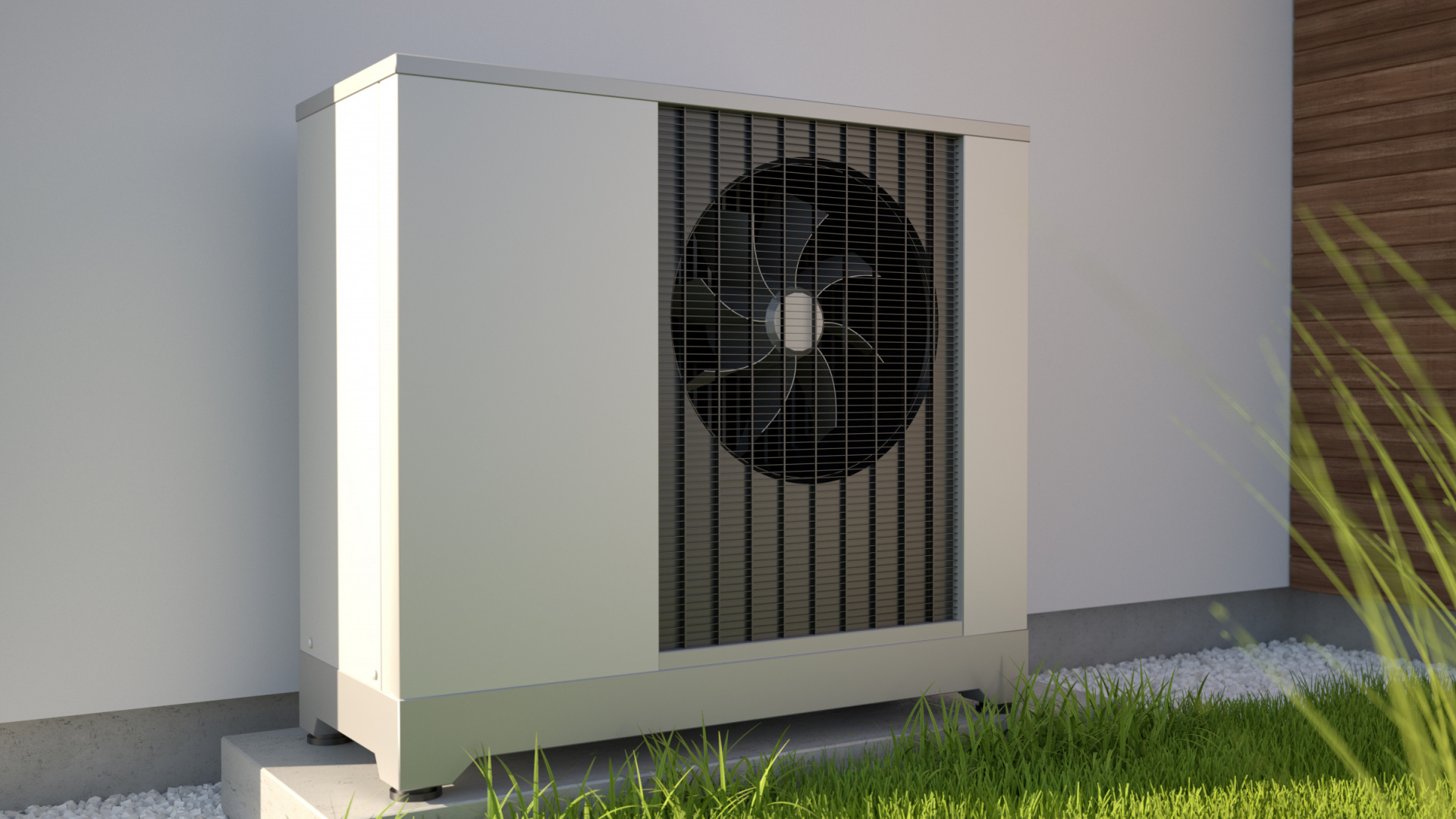Heat pumps have long been a cornerstone of energy-efficient heating and cooling, but recent technological advances are significantly enhancing their efficiency and effectiveness. Traditionally, heat pumps operate by transferring heat from one place to another, either from the air, ground, or water, to provide heating or cooling to buildings. This method is inherently more efficient than conventional heating systems because it moves heat rather than generating it through combustion. However, recent innovations have taken this efficiency to new heights, making heat pumps a more viable and attractive option for both residential and commercial applications. One of the major advancements in heat pump technology is the development of variable-speed compressors. Unlike traditional single-speed compressors that operate at full capacity or not at all, variable-speed compressors can adjust their output to match the heating or cooling demand precisely. This ability to modulate their operation reduces energy consumption and enhances overall system efficiency. By running at lower speeds for longer periods, variable-speed compressors maintain a more consistent indoor temperature, reduce wear and tear on the system, and lower electricity bills for consumers.

Another significant technological improvement is the integration of advanced refrigerants. Modern heat pumps now use refrigerants with lower global warming potential GWP compared to older models. These newer refrigerants not only have a lesser environmental impact but also improve the efficiency of heat transfer processes. For instance, R-32, a commonly used refrigerant in new heat pump models, has a GWP that is significantly lower than its predecessors like R-410A. This shift not only aligns with global environmental regulations but also enhances the performance of heat pumps in various climates. The incorporation of smart technology and the Internet of Things IoT is also revolutionizing heat pump efficiency. Smart thermostats and sensors allow for more precise control over heating and cooling, optimizing the operation of heat pumps based on real-time data. These smart systems can learn user preferences, detect occupancy, and even predict weather patterns to adjust settings automatically for maximum heat pump efficiency chart. This level of control reduces energy wastage and enhances user comfort, making heat pumps an even more attractive option for modern homes and businesses.
Moreover, advancements in materials and design have played a crucial role in boosting the efficiency of heat pumps. Improved heat exchanger designs, for instance, have resulted in better heat transfer and reduced energy losses. Enhanced insulation materials and construction techniques also help in minimizing heat loss in cold climates and heat gain in warm climates, ensuring that heat pumps operate more efficiently regardless of external conditions. Additionally, the rise of renewable energy integration has further enhanced the sustainability and efficiency of heat pumps. Many modern heat pump systems can be paired with solar panels or wind turbines, allowing them to operate using clean, renewable energy. This not only reduces the carbon footprint of heating and cooling systems but also provides a more resilient and self-sufficient energy solution. In conclusion, the evolution of heat pump technology is marked by significant advancements that have dramatically improved their efficiency and sustainability and read more info in this website www.jnodenergy.com. From variable-speed compressors and advanced refrigerants to smart technology integration and improved materials, these innovations are making heat pumps an increasingly viable option for energy-efficient heating and cooling.